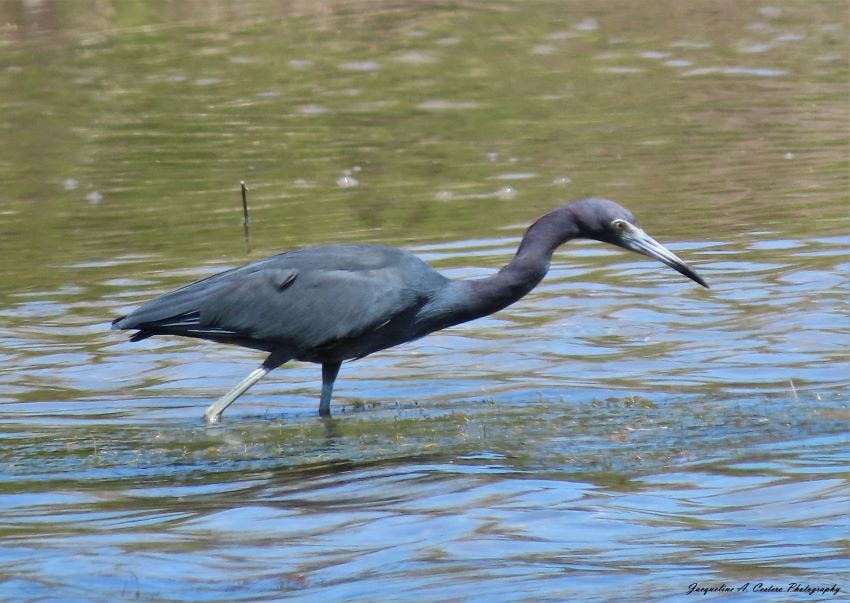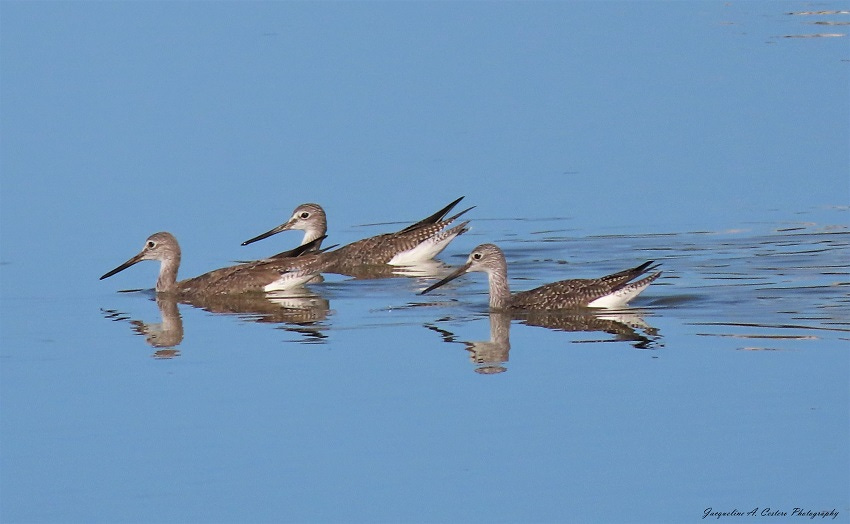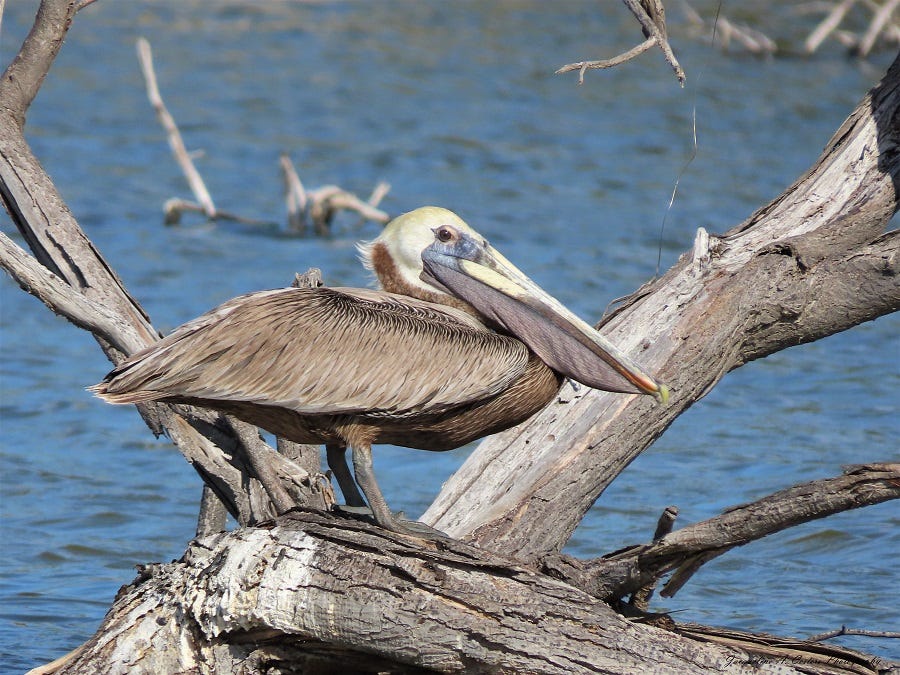As I embark on the 16th Caribbean Waterbird Census, I thought it would help you to know exactly what a waterbird is. What specifically am I looking for when I visit our salt ponds and beaches to conduct the counts?
While the term can seem a bit vague and confusing, Wikipedia defines it as follows:
“A water bird, alternatively waterbird or aquatic bird, is a bird that lives on or around water. In some definitions, the term water bird is especially applied to birds in freshwater ecosystems, although others make no distinction from seabirds that inhabit marine environments. Some water birds (e.g. wading birds) are more terrestrial while others (e.g. waterfowls) are more aquatic, and their adaptations will vary depending on their environment. These adaptations include webbed feet, beaks, and legs adapted to feed in the water, and the ability to dive from the surface or the air to catch prey in water.
The term aquatic bird is sometimes also used in this context. A related term that has a narrower meaning is waterfowl. Some piscivorous birds of prey, such as ospreys, sea eagles, fish eagles, fish owls, and fishing owls, hunt aquatic prey but do not stay in water for long and live predominantly over dry land, and are not considered water birds. The term waterbird is also used in the context of conservation to refer to any birds that inhabit or depend on bodies of water or wetland areas.”
I will look for seabirds, shorebirds, herons, egrets, and waterfowl that spend time in and around water until February 3rd.
If you are wondering, the American Flamingo is a waterbird and will be included in the count - assuming it doesn’t fly off before I get to it! 🦩
All species seen will be recorded in eBird and shared with Birds Caribbean as they continue to preserve and protect waterbird species in the region. This work is critical to identifying threats to migratory and resident populations.
To learn more about the important work of Birds Caribbean and the census, follow the link: 16th Annual Caribbean Waterbird Census.
Then, stay tuned as I report my results later in February!










Looking forward to your counts!! Through tagging etc. do we know where Anguilla’s water birds migrate from? I always wonder if any of the egrets, herons, kingfishers , yellow legs, plovers i see in Gloucester in the summer make it as far as Anguilla in the winter!
Love these soggy-looking birds after a hunt